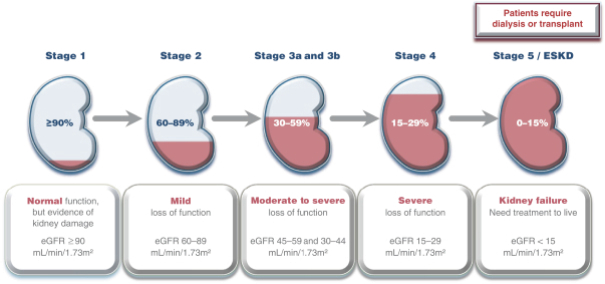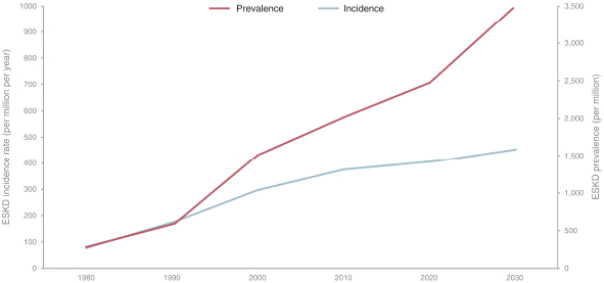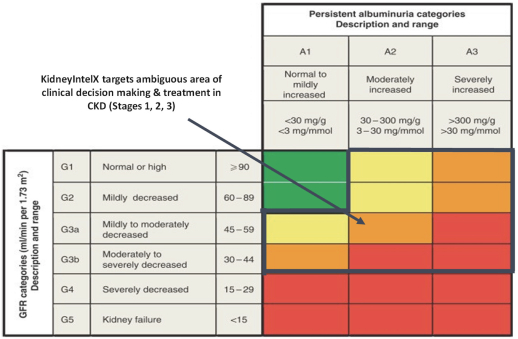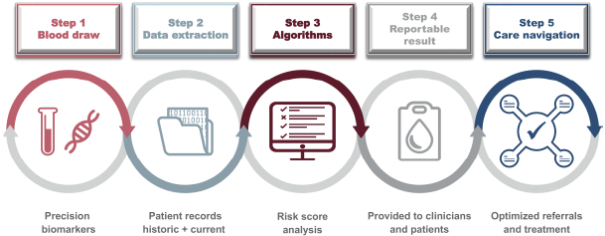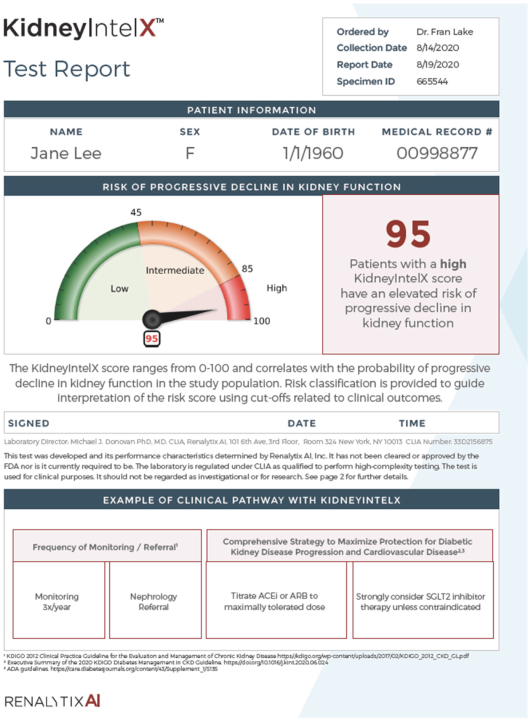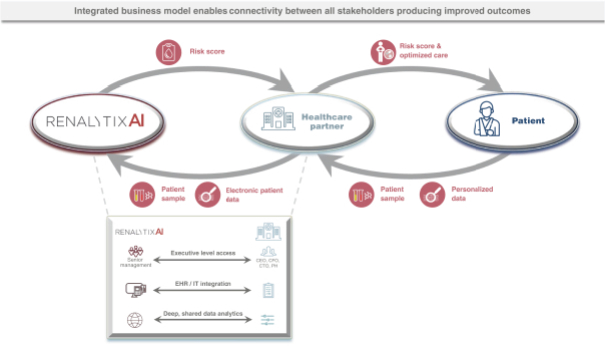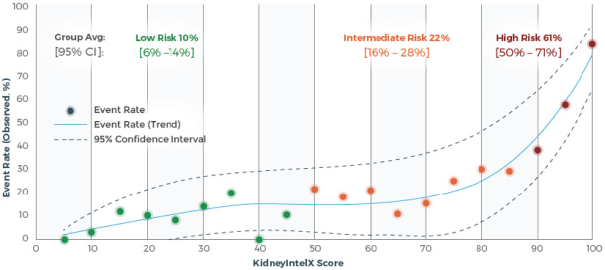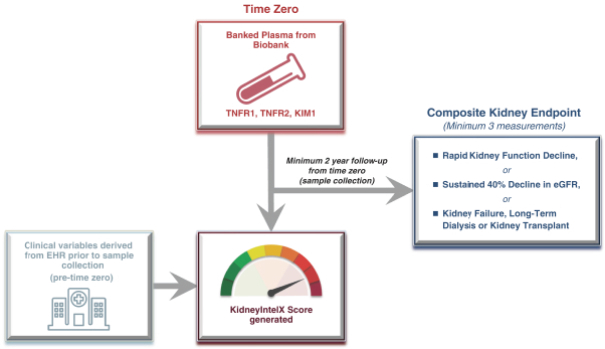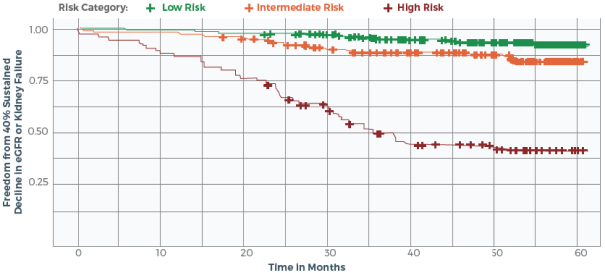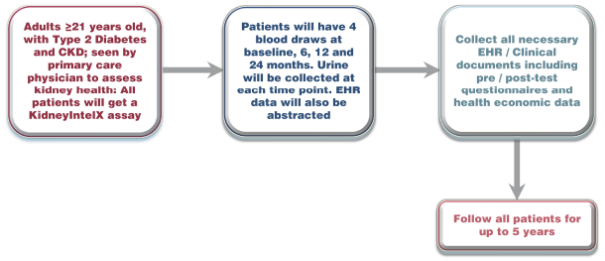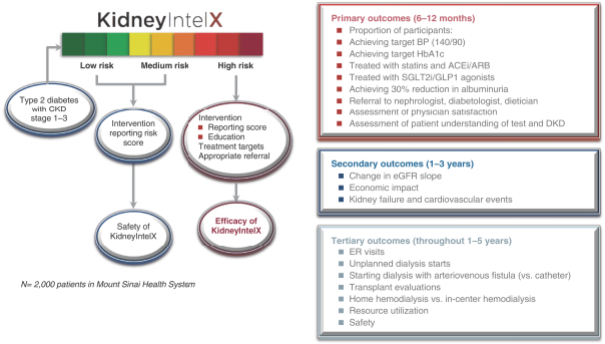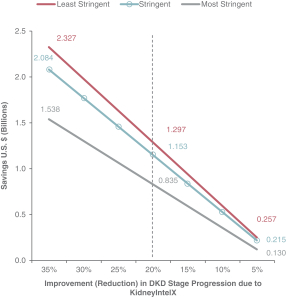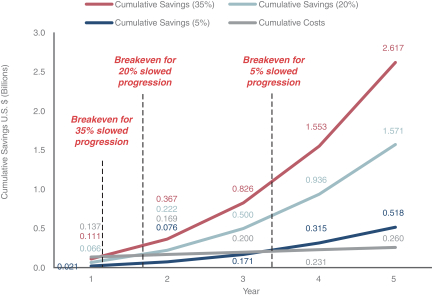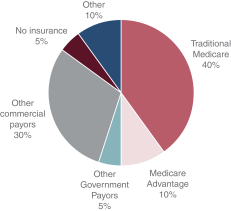November 2019, CMS issued a final rule finalizing the changes to the Quality Payment Program. At this time, it is unclear how the introduction of the Quality Payment Program will impact overall physician reimbursement under the Medicare program. Any reduction in reimbursement from Medicare or other government programs may result in a similar reduction in payments from private payors.
We cannot predict whether future health care initiatives will be implemented at the federal or state level, or how any future legislation or regulation may affect us. The expansion of government’s role in the U.S. health care industry, and changes to the reimbursement amounts paid by Medicare and other payors for our current assays and our planned future assays, may reduce our profits, if any, and have a materially adverse effect on our business, financial condition, results of operations and cash flows. Moreover, Congress has proposed on several occasions to impose a 20% coinsurance payment requirement on patients for clinical laboratory tests reimbursed under the Medicare Clinical Laboratory Fee Schedule, which would require us to bill patients for these amounts. In the event that Congress were to ever enact such legislation, the cost of billing and collecting for our products could often exceed the amount actually received from the patient.
Our business activities may be subject to the Foreign Corrupt Practices Act and similar anti-bribery and anti-corruption laws.
Our business activities may be subject to the Foreign Corrupt Practices Act, or FCPA, and similar anti-bribery or anti-corruption laws, regulations or rules of other countries in which we operate, including, in the U.K., the Bribery Act 2010. The FCPA generally prohibits offering, promising, giving, or authorizing others to give anything of value, either directly or indirectly, to a non-U.S. government official in order to influence official action, or otherwise obtain or retain business. The FCPA also requires public companies to make and keep books and records that accurately and fairly reflect the transactions of the corporation and to devise and maintain an adequate system of internal accounting controls. Our business is heavily regulated and therefore involves significant interaction with public officials, including officials of non-U.S. governments. Recently, the SEC and Department of Justice have increased their FCPA enforcement activities with respect to biotechnology and medical device companies. There is no certainty that all of our employees, agents, contractors, or those of our affiliates, will comply with all applicable laws and regulations, particularly given the high level of complexity of these laws. Violations of these laws and regulations could result in fines, criminal sanctions against us, our officers, or our employees, the closing down of our facilities, requirements to obtain export licenses, cessation of business activities in sanctioned countries, implementation of compliance programs, and prohibitions on the conduct of our business. Any such violations could include prohibitions on our ability to offer our products in one or more countries and could materially damage our reputation, our brand, our international expansion efforts, our ability to attract and retain employees, and our business, prospects, operating results, and financial condition.
We are subject to stringent and changing privacy laws, information security laws, regulations, policies and contractual obligations related to data privacy and security. Our actual or perceived failure to comply with such obligations could harm our reputation, subject us to significant fines and liability, or otherwise adversely affect our business.
We collect, store, process and transmit sensitive data, including legally protected health information, or PHI, personally identifiable information, intellectual property and proprietary business information. As we seek to expand our business, we are, and will increasingly become, subject to numerous state, federal and foreign laws, regulations and standards, as well as contractual obligations, relating to the collection, use, retention, security, disclosure, transfer and other processing of sensitive and personal information in the jurisdictions in which we operate. In many cases, these laws, regulations and standards apply not only to third-party transactions, but also to transfers of information between or among us, our subsidiaries and other parties with which we have commercial relationships. These laws, regulations and standards may be interpreted and applied differently over time and from jurisdiction to jurisdiction, and it is possible that they will be interpreted and applied in ways that will materially and adversely affect our business, financial condition and results of operations. The regulatory framework for data privacy, data security and data transfers worldwide is rapidly evolving, and there has been an
23
